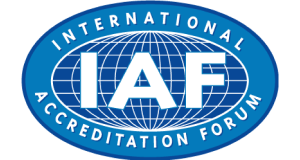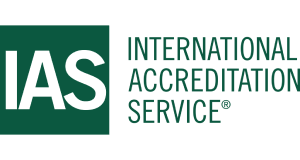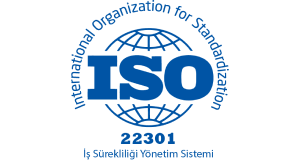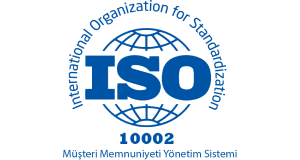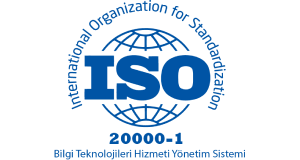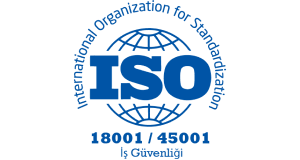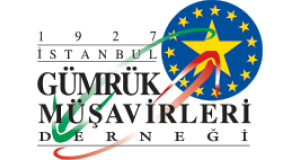UN Trade and Development’s Automated System for Customs Data (ASYCUDA)
UN Trade and Development’s (UNCTAD) Automated System for Customs Data (ASYCUDA) has helped over 100 countries simplify and speed up the clearance of goods and the pace of trade.
Developed by UN Trade and Development (UNCTAD), the Automated System for Customs Data, or ASYCUDA, revolutionizes traditional customs processes by replacing outdated paper-based methods with efficient, secure, digital operations.
Initially created in response to a request from the Economic Community of West African States (ECOWAS), ASYCUDA was first implemented in Mauritania in the mid-1980s. Over the past four decades, it has helped more than 100 economies – from Iraq to Tajikistan to Tuvalu – speed up the clearance of goods and the pace of trade.
As UN Trade and Development celebrates its 60th anniversary, we highlight how this transformation has been crucial not only for simplifying customs clearance procedures but also for enhancing supply chain efficiencies, boosting public revenues, reducing corruption, streamlining humanitarian aid and combatting illegal trade worldwide.
“ASYCUDA has proven that it's not just about managing customs data – it's about fostering a resilient, responsive global trading environment,” UN Trade and Development Secretary-General Rebeca Grynspan says.
The software is currently active in every region, including 38 least developed countries, 23 landlocked developing countries and 41 small island developing states.
A toolbox of digital trade solutions
ASYCUDA is UN Trade and Development’s largest technical cooperation programme. Designed to be demand-driven and responsive to government requests for technical assistance, it offers an array of tools that revolutionize how customs data and processes are managed:
- ASYCUDAWorld: Currently live in around 100 economies, the core software system manages customs transactions and facilitates paperless trade, streamlining processes and reducing the need for physical documents and interaction.
- Electronic single windows: These platforms allow traders to submit regulatory documents through a single online portal, significantly simplifying import and export processes, reducing wait times and costs. ASYCUDA-based electronic single windows, known as ASYSW, are currently active in more than a dozen economies.
- ASYREC: Developed in partnership with the UN Office for the Coordination of Humanitarian Affairs (OCHA), the Automated System for Relief Consignments system improves international relief during humanitarian crises, natural disasters and other emergencies.
- eCITES: Developed in collaboration with the Secretariat of the Convention on International Trade in Endangered Species of Wild Fauna and Flora (CITES), this system helps curtail illegal wildlife trade, allowing officers, importers and exporters to verify compliance with legal and species-specific regulations.
- ASYHUB: Standardizes data exchange and integration between ASYCUDAWorld and other systems to simplify the customs clearance process. ASYHUB Maritime facilitates pre-departure/arrival submission of sea cargo manifest information, linking shippers with customs authorities. For postal consignments, ASYHUB Post connects the Universal Postal Union's (UPU) customs declaration system with ASYCUDAWorld.
Kaynak: Evrim

